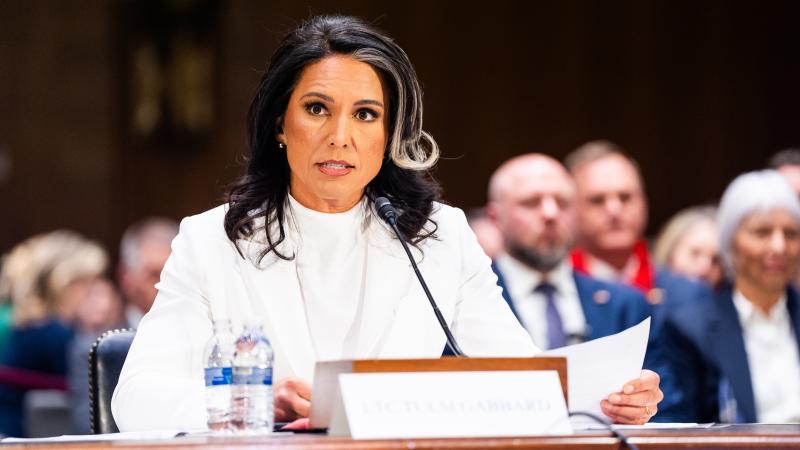Special visa for crime victims is ripe for fraud, mostly useless to police, probe finds
U.S. Citizenship and Immigration Services approved peitions with forged, unauthorized or suspect signatures, inspector general warns
A special visa program created by Congress two decades ago to allow illegal aliens to remain in the United States if they are crime victims is ripe for fraud and has proven mostly useless to law enforcement, the Homeland Security Department's chief watchdog has found in a scathing report.
The problems with the so-called U visa program are so systemic, the inspector general found, that several fraudulent applications were approved by the U.S. Citizenship and Immigration Services.
"We identified 10 USCIS-approved petitions with forged, unauthorized, altered or suspicious law enforcement certifications," the inspector general said in a report released Monday.
And while the risks for fraud are high, many police agencies told the inspector general that the visas and the illegal immigrants they kept inside the United States have proven mostly useless to solving crimes. Many police agencies said they believed illegal aliens had gamed the system to get the U visas.
"Our survey of 57 certifying law enforcement agencies across the United States also indicated the program is not helpful for solving crimes," the report said. "Of those surveyed, 61 percent stated the program does not significantly improve their ability to investigate and solve crimes, and 54 percent believe petitioners abuse the program.”
You can read the full report here:
The U visa program was created in 2000 by Congress in an effort to allow illegal aliens to stay in the country and assist law enforcement in solving cases when they were victimized by crimes.
But it has repeatedly been flagged over the years for problems, including a series of congressional hearings in 2016 and several internal assessments dating to 2012. The inspector general said Monday that many of the "long-standing" problems flagged in the program have simply been ignored or gone unaddressed.
"Although USCIS acknowledged program issues years ago, it has not taken necessary corrective actions," the DHS watchdog warned. "Until USCIS addresses vulnerabilities it identified in its four internal reviews, the potential for forged, unauthorized, and altered petitions, unreliable data, and excessive backlog of petitioners will continue."
The program has become so dysfunctional, the report warned, that there is now a backlog of tens of thousands of applications that will prevent illegal aliens victimized by crime now to have any chance of getting the visa.
"At the end of FY 2020 more than 270,000 U visa principal and derivative petitions were pending final adjudication," the inspector general said. "In fact, a victim petitioning in 2021 will likely wait ten years or longer to receive a U visa."
The investigation flagged other failures in the U visa program, including a failure by officials to track fraud cases it flagged to see if illegal aliens or law enforcement that broke the law have been brought to justice.
"USCIS does not know the number of U visa-related fraud referrals that resulted in prosecution because it does not track the outcome of fraud referrals related to the U visa program," the reported noted.
The IG said the performance of the agency has left a program started with good intentions both ineffective and a potential magnet for fraud.
"USCIS' mismanagement of the U visa program led to questionable petitioners gaining U visa benefits and legitimate victims waiting more than 10 years to receive U visas," the inspector general warned. "... Until USCIS addresses vulnerabilities it identified in its four internal reviews, the potential for forged, unauthorized, and altered petitions, unreliable data, and excessive backlog of petitioners will continue."















